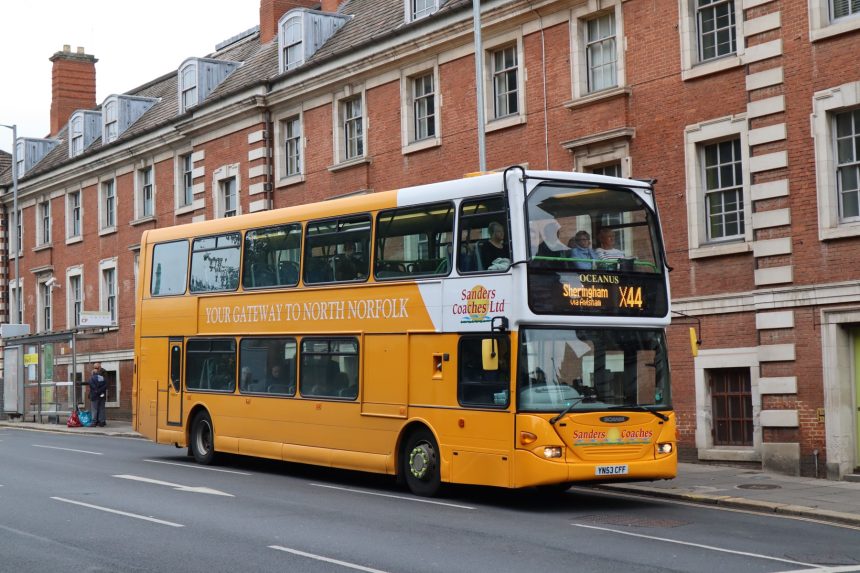The Bus Services Bill in England may have an adverse impact on small and medium sized bus operators in some urban and rural areas, the Association of Local Bus Managers (ALBUM) has warned.
Introduction of the Bill came on 17 December. It has a focus on franchising and expansion of municipal operation but also includes measures to back partnership working. ALBUM says it welcomes the Bill but has “significant concerns” about the fallout for SME bus operators.
Vice-Chair David Astill, who is also Managing Director of ALBUM member Nottingham City Transport (NCT), adds that the group supports efforts to improve bus services.
“However, we must ensure that this does not become a threat to small and medium sized enterprises, whose role is vital in providing services in both urban and rural areas and which have been at the forefront of many customer innovations and improvements over the years.”
ALBUM has previously stressed the need for SME bus operators to be better considered in the preparation of franchising schemes.
In commenting on the Bus Services Bill in England, the Association welcomes its recognition of partnership having a part to play in future delivery, noting that “perhaps for the majority [of local authority areas], partnership working between operators and councils will be more appropriate and affordable.”
But ALBUM adds that where franchising is pursued, it represents “a major challenge to the survival of the SME sector.” The group will “work to ensure that the knowledge, experience and commitment of smaller operators is not lost.”
Greater Manchester is thus far the only area to have reregulated its buses, with the final tranche of that work to complete on 5 January 2025. Only one SME – Vision Bus, which was awarded some home-to-school services – will be represented on the Bee Network from that date.

In mid-December, ALBUM highlighted how a lotting strategy for bus franchising in the Liverpool City Region will “unfairly disadvantage smaller operators,” criticising a perceived lack of variety in the size of contracts.
ALBUM wants the Liverpool City Region Combined Authority to reconsider its lotting tactics and offer what the Association terms “a more inclusive approach” that will allow SME bus operators to thrive and deliver benefits including increased competition among bidders, enhanced benefits to the local economy, improved service quality, and a greater driver pool.
Mr Astill believes that ministers already recognise the value of SMEs to bus franchising. After his appointment as Under-Secretary of State for Transport, Simon Lightwood’s first visit to a bus operator saw him hosted by NCT.
SMEs’ knowledge of their communities and their commitment to success of local economies “must not be lost as the unintended consequence of a move to a new, contract-based way of working,” Mr Astill adds.
He notes that changing the method of service delivery is no standalone fix to improve buses. “Managing the highway is key to that, and ALBUM is keen to see messages included in the Bill that will help bus services to operate more punctually and reliably,” the NCT chief says.
“Small and medium sized operators represented by ALBUM remain keen to work with local authorities to achieve that outcome.”
Meanwhile, the Association has added its voice to calls for a five-year bus industry funding settlement. It wants to see such a step forthcoming in the Comprehensive Spending Review that will conclude during early 2025.
It would deliver long-term stability against which to position future investment, although operators will also require early clarity on whether the local authority areas in which they are active expect to move towards franchising.
Without both, “operators will be discouraged from investing in their businesses – a serious risk for both large and small companies,” ALBUM says.



























